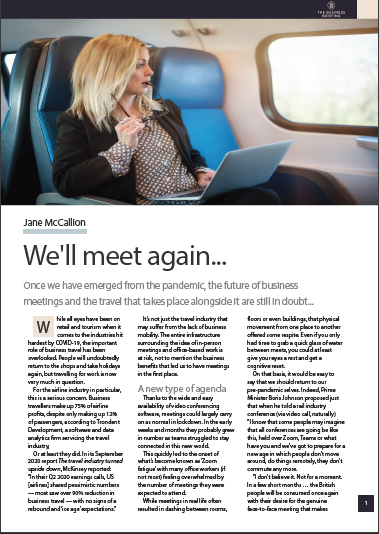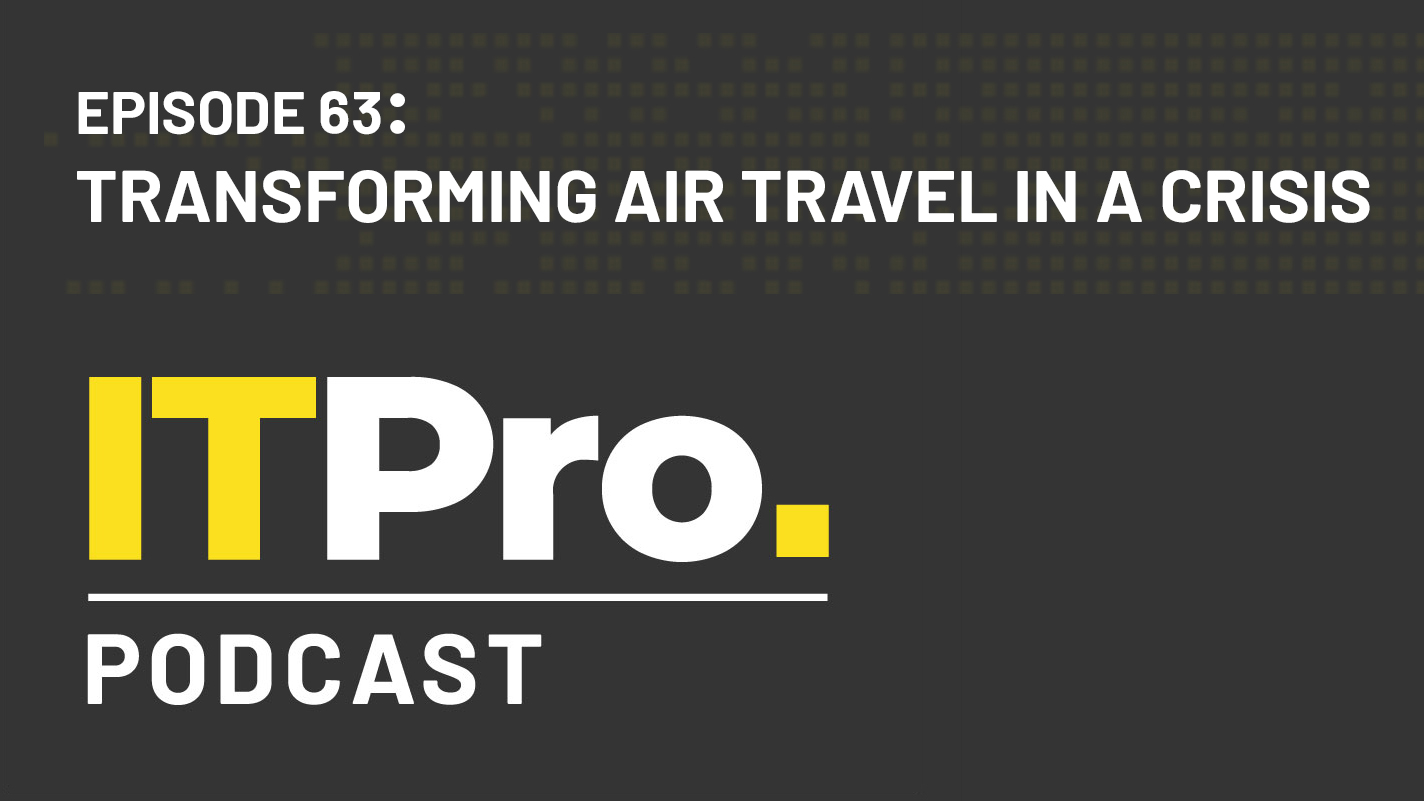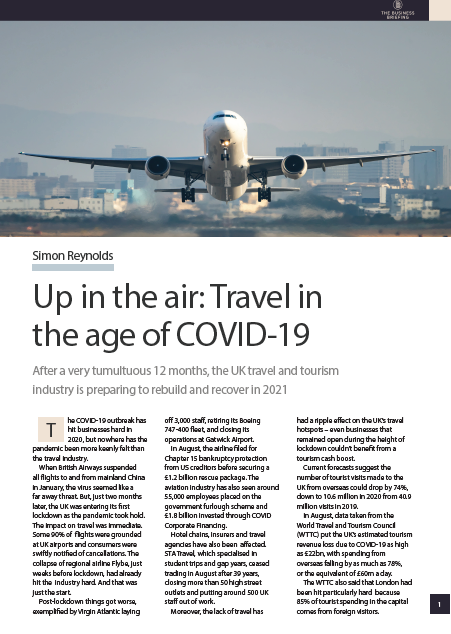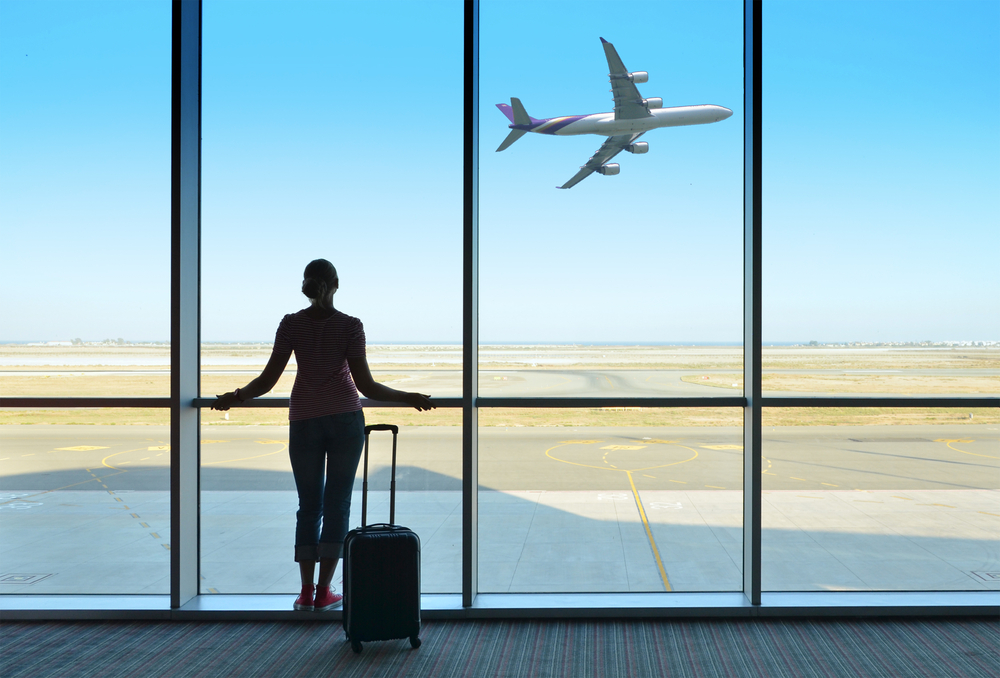How to combat a fear of flying: Top 10 tips
For many of us, having to fly somewhere can feel like the end of the world, but here are 10 tips to help tackle your phobia


If possible, tailor your flight
Even though there is almost no chance of things going wrong, it can be helpful to tailor your plans. A lot of aviophobia has to do with the perceived lack of control, mixed with an element of claustrophobia. This results in a panicked feeling that can be avoided with just a few key choices.
If you have the option, make your flight during the day. Not only will this likely mean you're less tired, but also that you can see what's happening outside.
If you are flying a long way, for example, choose the most direct route you can, so as to avoid prolonging the experience.
It might also be helpful to select an aisle seat so that you can get out and move around at regular intervals. And, if you have the option, make your flight during the day. Not only will this likely mean you're less tired, but also that you can see what's happening outside.
Develop reliable coping mechanisms
For many people, a fear of flying may be a manifestation of a much larger problem, so developing coping mechanisms to be used in daily life can be a huge help in the run up to your journey. What works for someone else might not work for you, however, so it's worth trying a few things until you land on what fits in best with your lifestyle and sensibility.
Meditation, gentle exercise and breathing techniques are all popular ways of managing anxiety in stressful situations, and can be practiced in the weeks or months leading up to the date of your flight. Once you are up in the air, choosing an aisle seat will allow you to get up and walk around, and you can tune out through meditation when you feel yourself getting nervous.
Sign up today and you will receive a free copy of our Future Focus 2025 report - the leading guidance on AI, cybersecurity and other IT challenges as per 700+ senior executives
Consider medication
It's not for everyone, but anti-anxiety medication prescribed by your doctor can mean the difference between getting on the flight and staying home for a lot of reluctant flyers. It's always best to try to overcome your fears without the aid of medication first, getting to the root of the problem rather than simply masking the symptoms, but the option is always there as a last resort.
When all alternatives have been exhausted, visiting your doctor could also shed some light on the different ways medication can help you to manage anxiety. With this in your arsenal, even if it's just a little more knowledge taken from a professional, it may be easier to manage your symptoms by yourself.
Caroline has been writing about technology for more than a decade, switching between consumer smart home news and reviews and in-depth B2B industry coverage. In addition to her work for IT Pro and Cloud Pro, she has contributed to a number of titles including Expert Reviews, TechRadar, The Week and many more. She is currently the smart home editor across Future Publishing's homes titles.
You can get in touch with Caroline via email at caroline.preece@futurenet.com.
-
 ZINFI updates PRM platform to meet hybrid workforces’ needs
ZINFI updates PRM platform to meet hybrid workforces’ needsNews New features connect widely dispersed, multilingual business teams
-
 We'll meet again: The future of business meetings and travel are still in doubt
We'll meet again: The future of business meetings and travel are still in doubtWhitepapers Sample our exclusive Business Briefing content
-
 The IT Pro Podcast: Transforming air travel in a crisis
The IT Pro Podcast: Transforming air travel in a crisisIT Pro Podcast How the airline industry is using the pandemic to transform its IT
-
 Up in the air: Travel in the age of COVID-19
Up in the air: Travel in the age of COVID-19Whitepapers Sample our exclusive Business Briefing content
-
 How to manage your work/life balance when away on business
How to manage your work/life balance when away on businessIn-depth Nothing messes with 'you time' more than business travel, but here are a few things you can do to maintain your work/life balance
-
 Airport check-in delays caused by 'network issue'
Airport check-in delays caused by 'network issue'News Spanish software giant Amadeus's outage plagues airlines around the world
-
 Cisco wants to put superfast Wi-Fi on trains
Cisco wants to put superfast Wi-Fi on trainsNews ScotRail will trial 300Mbps on-board internet until March 2018
-
 Delta CEO apologises to customers following systems meltdown
Delta CEO apologises to customers following systems meltdownNews A power outage was to blame for flight cancellations


